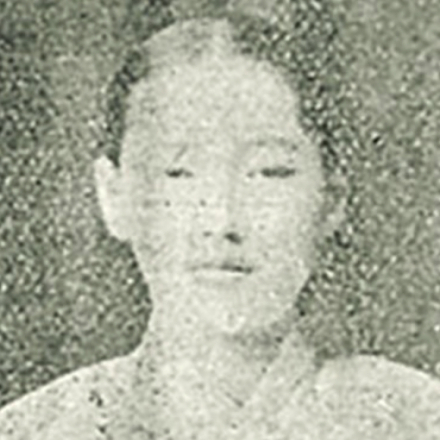Gender, labour and political awakening: a study on the life and work of female socialist Cheong Chil-seong

When colonial Joseon first felt the influences of capitalism, many gisaengs (female entertainers) hoped to be rescued from their financial distress with the help of male patrons. Others such as Cheong Chil-seong (丁七星) (1897-1958) chose to seize the opportunity lent by this burgeoning modernization. After the March 1st Movement of 1919, Cheong lent towards socialism. In particular, she thought critically on women's problems as labourers. She was keenly aware of the predicament of her sex, where even working women were forced to play an obedient and caring role for men. While socialist ideas offered a relatively appropriate venue to express Cheong's growth as an independent woman, the elitist nature of this ideology in colonial Joseon hindered her from expressing her experiences fully as an individual female proletariat as well as a lower- class gisaeng. Cheong’s life and achievements demonstrate a lower-class woman’s struggle to adopt a socialist language and make her voice heard in the political arena. This seminar will be conducted in Korean with Powerpoint slides in English.
Presented by the ANU Korea Institute, ANU College of Asia & the Pacific






